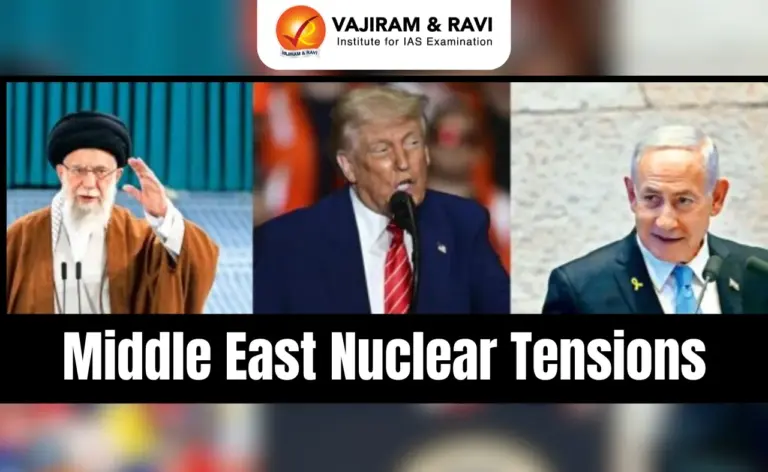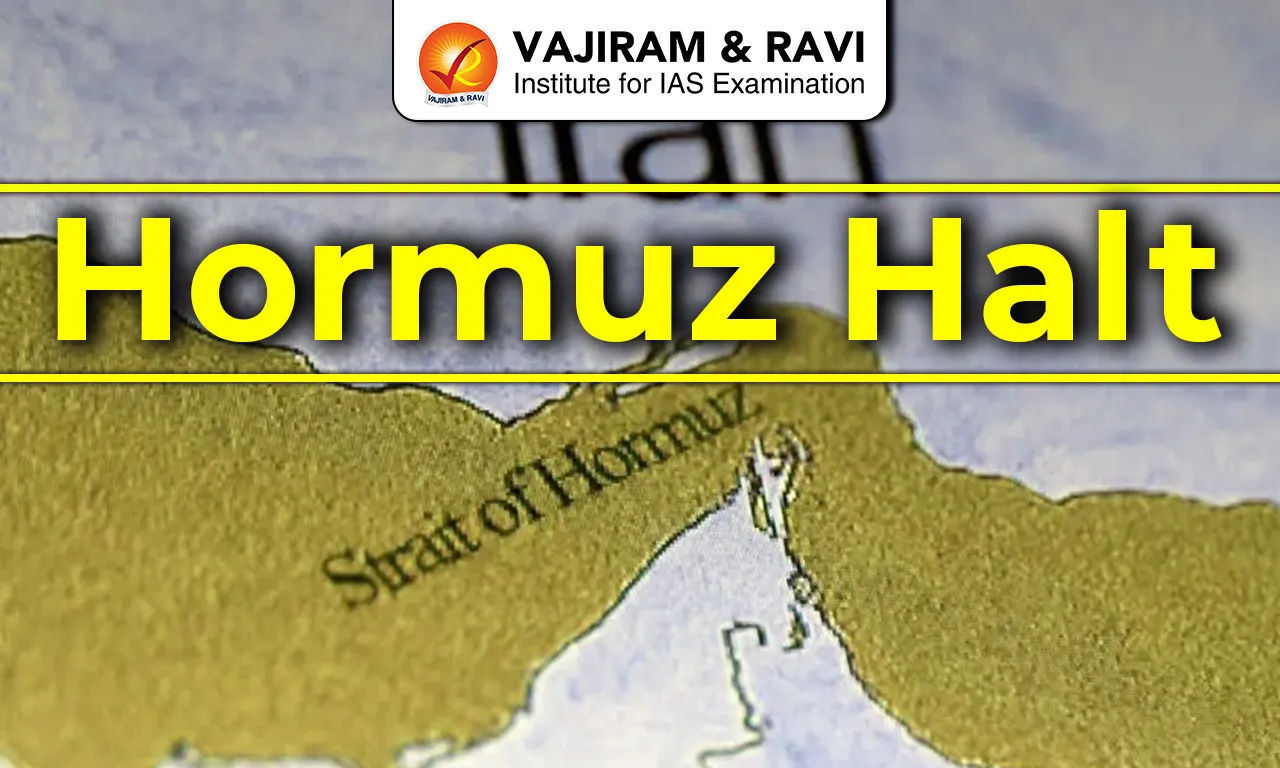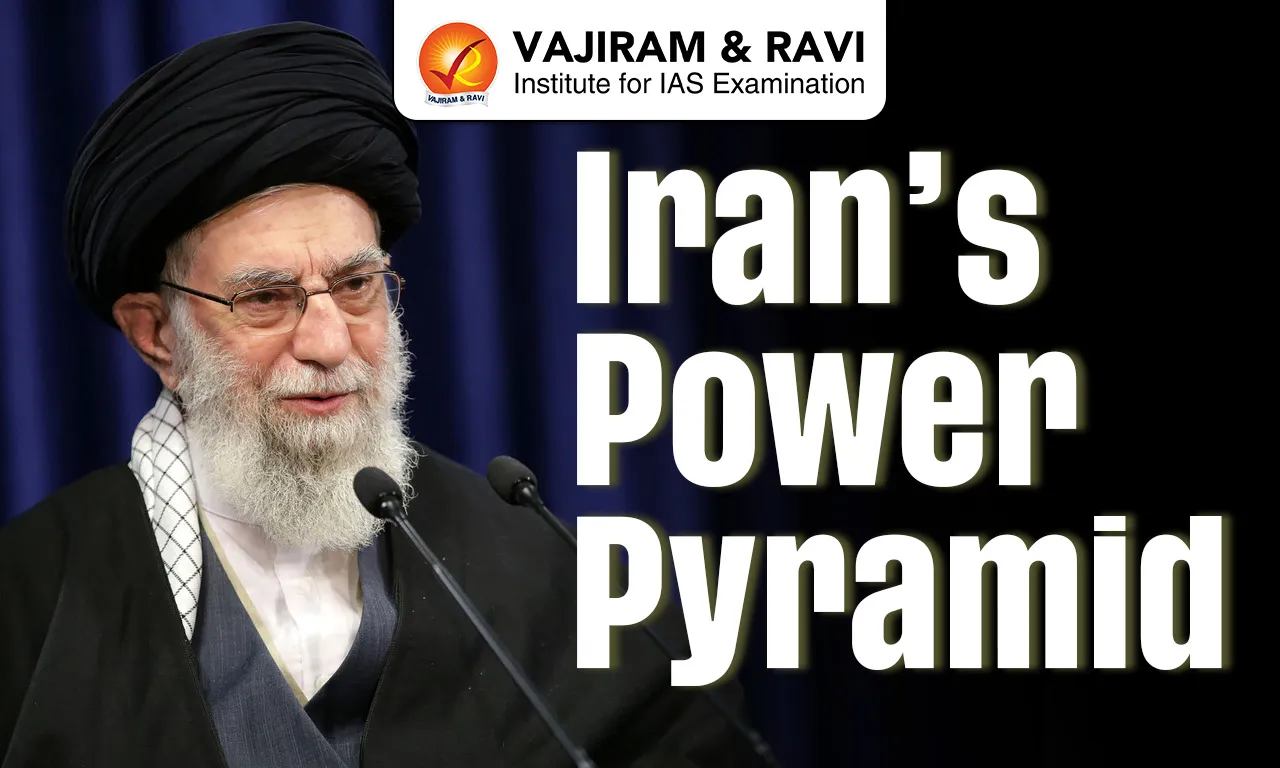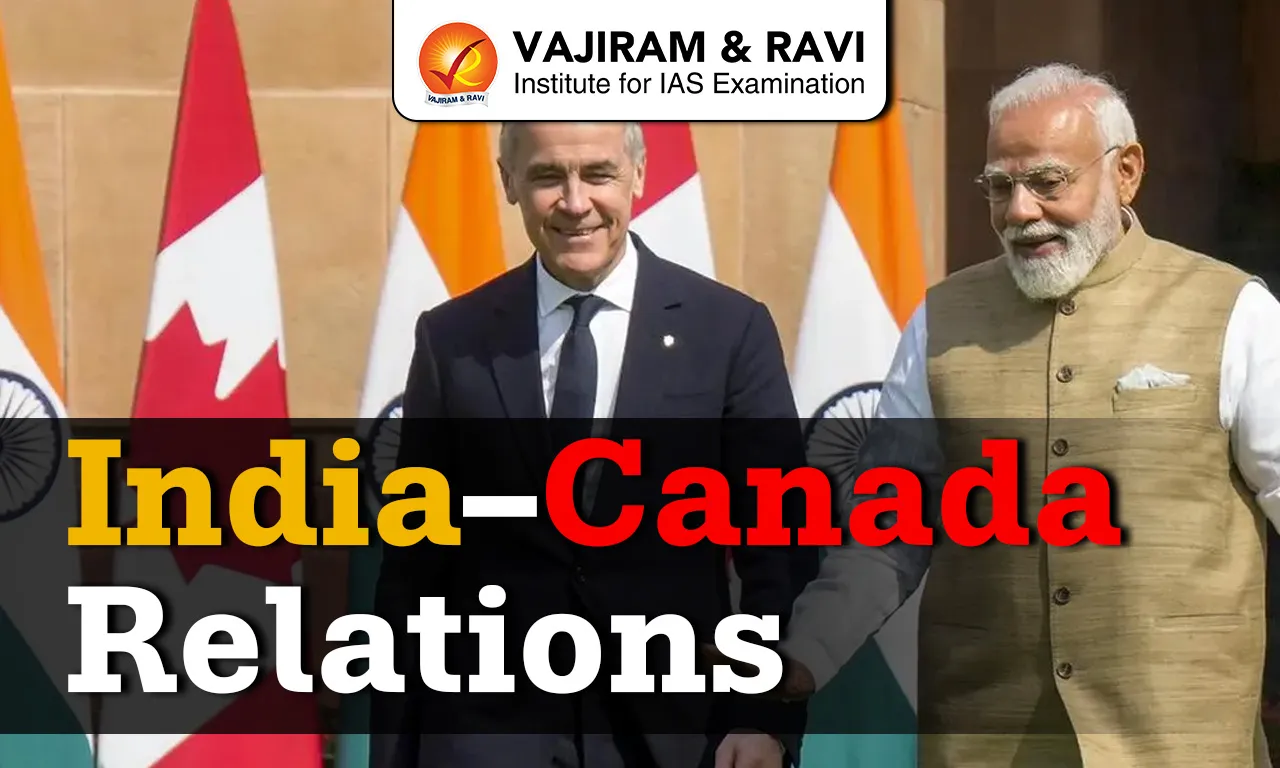Middle East Nuclear Tensions Latest News
- A CBS report states that Israel is fully prepared to launch an operation against Iran, prompting the U.S. to issue travel advisories for its personnel in Iraq, Israel, and the region due to rising tensions.
- This follows reports of U.S. President Donald Trump urging Israeli PM Netanyahu to end the Gaza war and avoid provoking Iran. The situation has reignited fears of a broader regional conflict in the Middle East.
The Trigger: Israel’s Opposition and IAEA’s Resolution
- Israel has long opposed Iran-US nuclear talks and believes Iran’s nuclear vulnerability should be addressed through military action.
- This time, concerns are heightened following an IAEA Board of Governors resolution declaring Iran non-compliant with its nuclear obligations — the first such move in 20 years.
IAEA’s Findings and Potential UN Involvement
- The resolution follows an IAEA report accusing Iran of conducting “secret nuclear activities” at three sites.
- Iran’s enriched uranium stockpile, especially at 60% purity, continues to grow.
- The Board may escalate the issue by reporting Iran’s non-compliance to the UN Security Council.
Impact on the Nuclear Deal and Snapback Sanctions
- The 2015 Joint Comprehensive Plan of Action (JCPOA), despite the U.S. withdrawal in 2018, is technically still in effect.
- JCPOA, also known as the Iran nuclear deal, is an agreement signed in 2015 between Iran and the P5+1 (the UK, China, France, Germany, Russia, and the US).
- The JCPOA aimed to limit Iran’s nuclear program in exchange for sanctions relief.
- The IAEA’s findings may push European nations (UK, France, Germany) to trigger snapback sanctions, a clause in the JCPOA.
- The deal is set to expire in October, increasing urgency and tensions.
Iran’s Defiant Response
- Iran has threatened to withdraw from the Nuclear Non-Proliferation Treaty (NPT).
- It announced plans to open a new uranium enrichment facility at a secure site, aiming to greatly increase enriched uranium stockpiles.
- Iran denounced the IAEA’s resolution as “politically motivated and biased”.
Broader Implications
- European sanctions, combined with existing U.S. sanctions, may severely strain Iran’s economy.
- Tehran’s threats and nuclear escalation risk further destabilizing the region and derailing any diplomatic progress.
Status of Iran–US Nuclear Talks
- Since April, five rounds of formal talks between the US and Iran have been held to reach a nuclear agreement. The latest round took place in Rome on May 23.
- Goal: prevent Iran from developing nuclear weapons in exchange for sanctions relief.
Key Point of Contention: Uranium Enrichment
- The main dispute is not over Iran’s right to nuclear energy (which the US accepts), but over uranium enrichment.
- The US fears that allowing Iran to enrich uranium — even for civilian use — could be a path to producing weapons-grade (90%) uranium.
The US Proposal and Iran’s Rejection
- The US offered to let Iran temporarily enrich uranium, after which a consortium (including Arab states and the US) would supply Iran with nuclear fuel.
- Iran rejected the plan; Supreme Leader Khamenei and Foreign Minister Araghchi insist on sovereign enrichment rights.
- As pet the leaders of Iran, the country is ready for transparency and confidence-building measures but not at the cost of its territorial sovereignty.
Red Lines and Diplomatic Deadlock
- Iran’s insistence on enriching uranium within its borders is a non-negotiable red line.
- The US, under President Trump, has called Iran’s demand “unacceptable”.
Regional Reactions: Arab Support, Israeli Opposition
- Arab states support the ongoing negotiations.
- Israel strongly opposes the talks. PM Netanyahu insists on a deal allowing the US to militarily dismantle Iran’s nuclear infrastructure.
- Tel Aviv sees any agreement short of this as a security threat.
What Now for the Iran–US Nuclear Talks and Middle East Stability
- Israel’s Limited Role, Outsized Impact
- Israel is not a party to the Iran-US nuclear negotiations and has no official say in the terms.
- However, its covert and occasional overt actions against Iran have destabilized the negotiation environment.
- Consequences of an Iranian NPT Withdrawal
- If Iran withdraws from the Nuclear Non-Proliferation Treaty (NPT), nuclear negotiations will likely collapse.
- Under the US Nuclear Proliferation Prevention Act (1978), Washington would then be legally barred from offering Iran concessions.
- This would be a point of no return in the diplomatic process.
- The Ticking Clock: A Fragile Balance
- The current situation is extremely volatile, with multiple triggers for escalation:
- An Israeli strike on Iranian sites
- European snap-back sanctions
- Iran’s NPT withdrawal
- A US pullout from negotiations.
Last updated on March, 2026
→ UPSC Notification 2026 is now out on the official website at upsconline.nic.in.
→ UPSC IFoS Notification 2026 is now out on the official website at upsconline.nic.in.
→ UPSC Calendar 2026 has been released.
→ UPSC Final Result 2025 is expected to be released soon.
→ Check out the latest UPSC Syllabus 2026 here.
→ Join Vajiram & Ravi’s Interview Guidance Programme for expert help to crack your final UPSC stage.
→ UPSC Mains Result 2025 is now out.
→ UPSC Prelims 2026 will be conducted on 24th May, 2026 & UPSC Mains 2026 will be conducted on 21st August 2026.
→ The UPSC Selection Process is of 3 stages-Prelims, Mains and Interview.
→ Prepare effectively with Vajiram & Ravi’s UPSC Prelims Test Series 2026 featuring full-length mock tests, detailed solutions, and performance analysis.
→ Enroll in Vajiram & Ravi’s UPSC Mains Test Series 2026 for structured answer writing practice, expert evaluation, and exam-oriented feedback.
→ Join Vajiram & Ravi’s Best UPSC Mentorship Program for personalized guidance, strategy planning, and one-to-one support from experienced mentors.
→ Check UPSC Marksheet 2024 Here.
→ UPSC Toppers List 2024 is released now. Shakti Dubey is UPSC AIR 1 2024 Topper.
→ Also check Best UPSC Coaching in India
Middle East Nuclear Tensions FAQs
Q1. Why is Israel opposed to Iran-US nuclear talks?+
Q2. What did the IAEA report on Iran reveal?+
Q3. What is the status of Iran-US nuclear negotiations?+
Q4. What happens if Iran leaves the NPT?+
Q5. How does Netanyahu’s domestic situation affect foreign policy?+
Tags: mains articles middle east nuclear tensions upsc current affairs upsc mains current affairs


















